Vinegar is a go-to cleaning solution for many households, thanks to its natural acidity and ability to tackle dirt and grime. However, it’s not a one-size-fits-all cleaner. In fact, vinegar can damage certain materials and surfaces, leaving you with more harm than good. Its acidic properties, while effective for some tasks, can strip finishes, weaken materials, or cause long-term wear and tear. To avoid costly mistakes or permanent damage, it’s important to know where not to use vinegar. Let’s take a look.
Granite and Marble Countertops
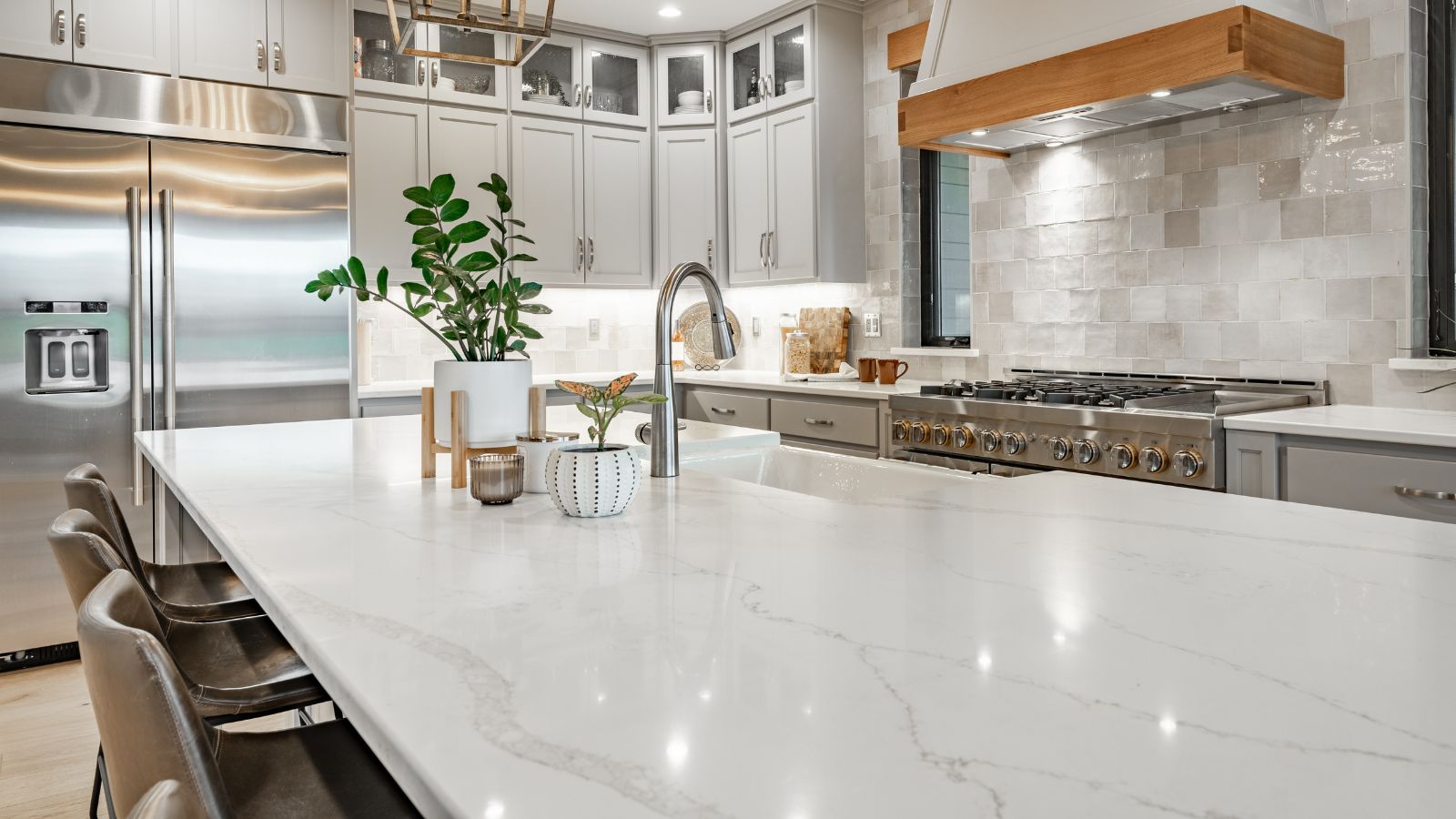
Don’t use vinegar on granite or marble countertops because it will dull their polished finish. The acidity in vinegar reacts with the natural stone, weakening its sealant and making it more prone to stains and scratches. To clean these surfaces safely, opt for a pH-neutral cleaner designed specifically for stone.
Hardwood Floors
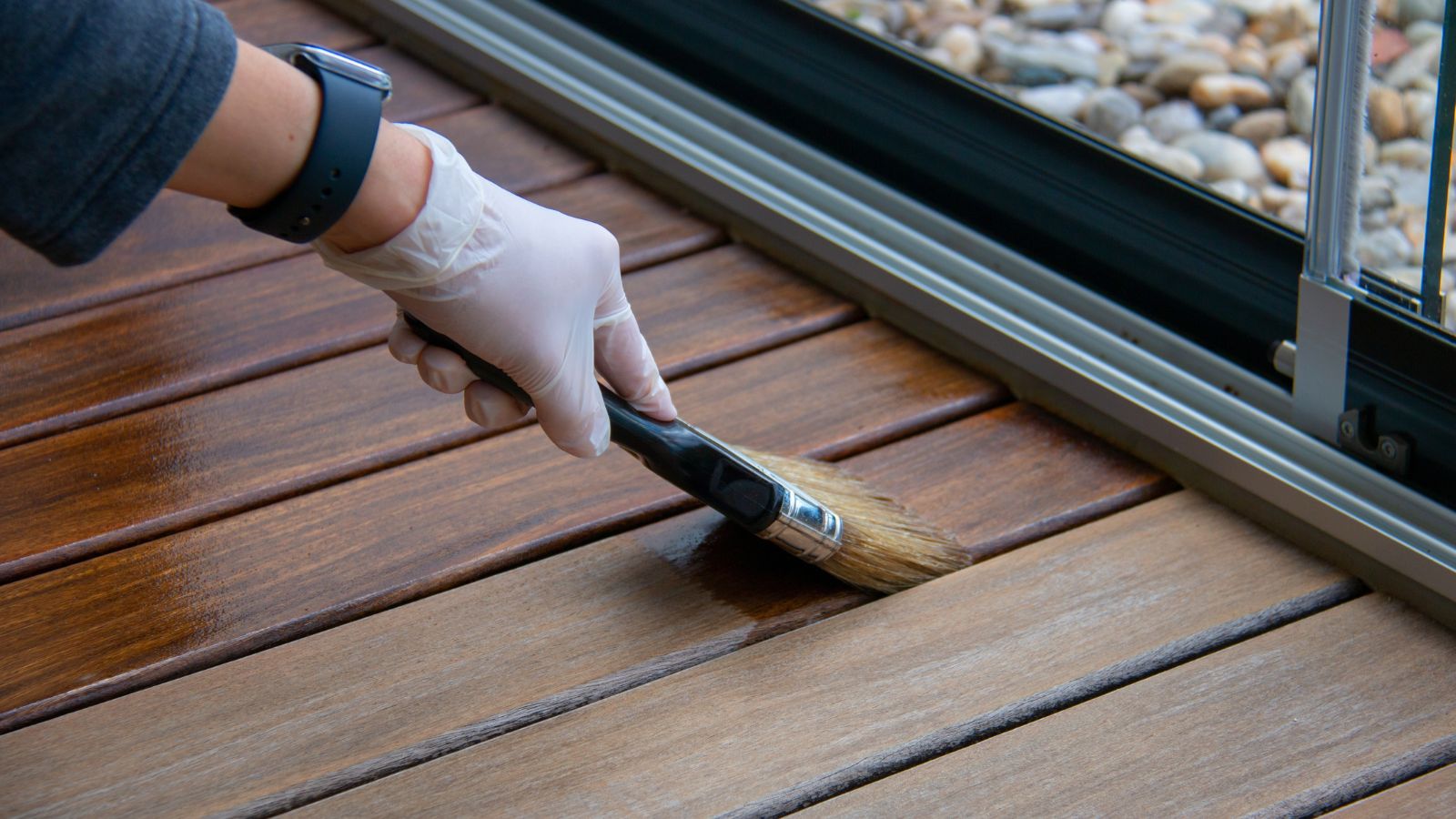
Although vinegar is often recommended for cleaning floors, it’s not suitable for hardwood. The acidity can strip the protective finish, leaving the wood exposed and vulnerable to damage. Over time, this can lead to dullness and warping. Stick to cleaners specifically formulated for hardwood to preserve its shine and durability.
Egg Spills
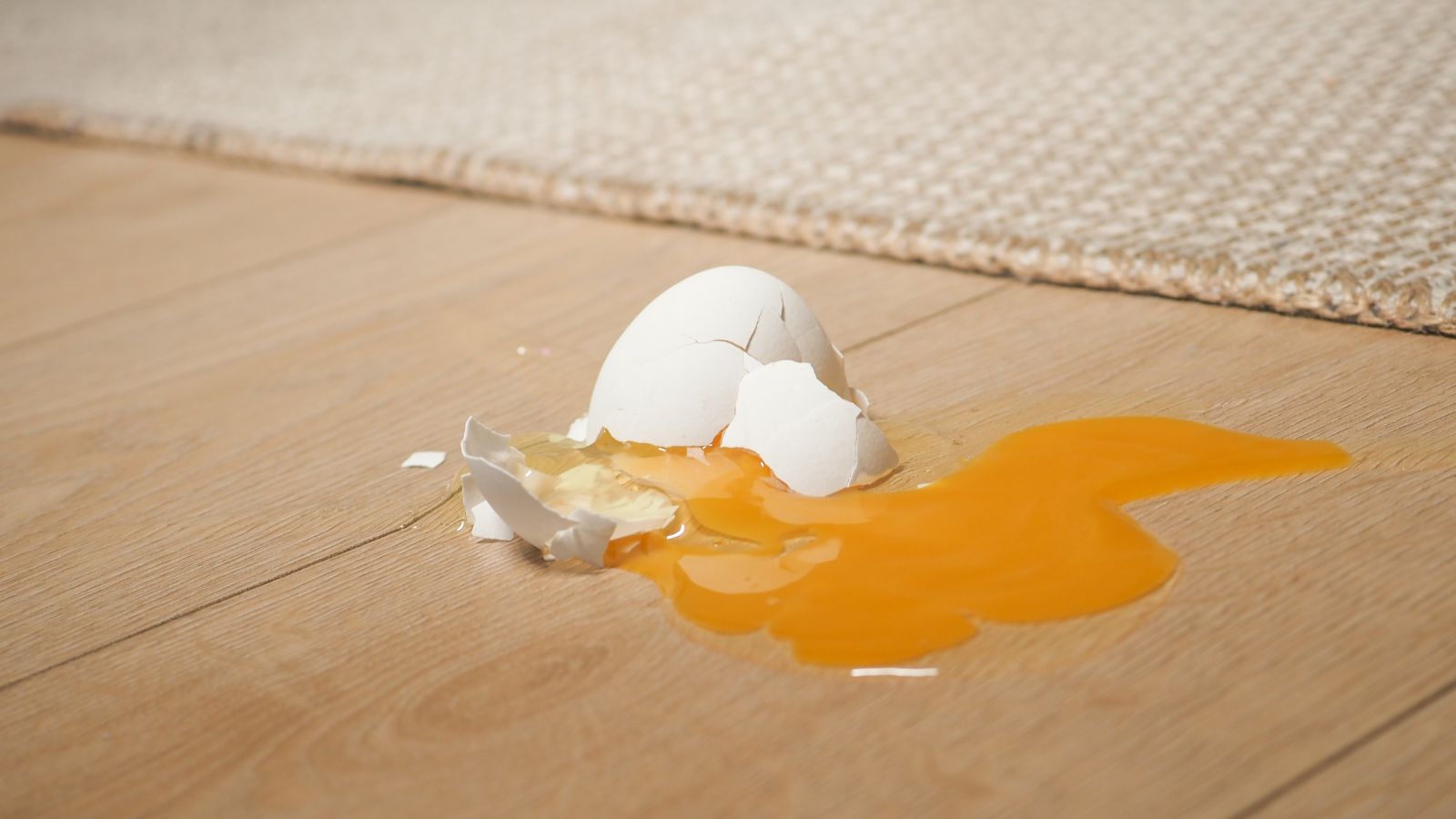
Never clean up egg spills with vinegar. The acid in vinegar can react with the proteins in the egg, causing them to coagulate and making the mess even harder to remove. Instead, use warm, soapy water to tackle the spill and ensure all residue is gone.
Cast Iron Pans
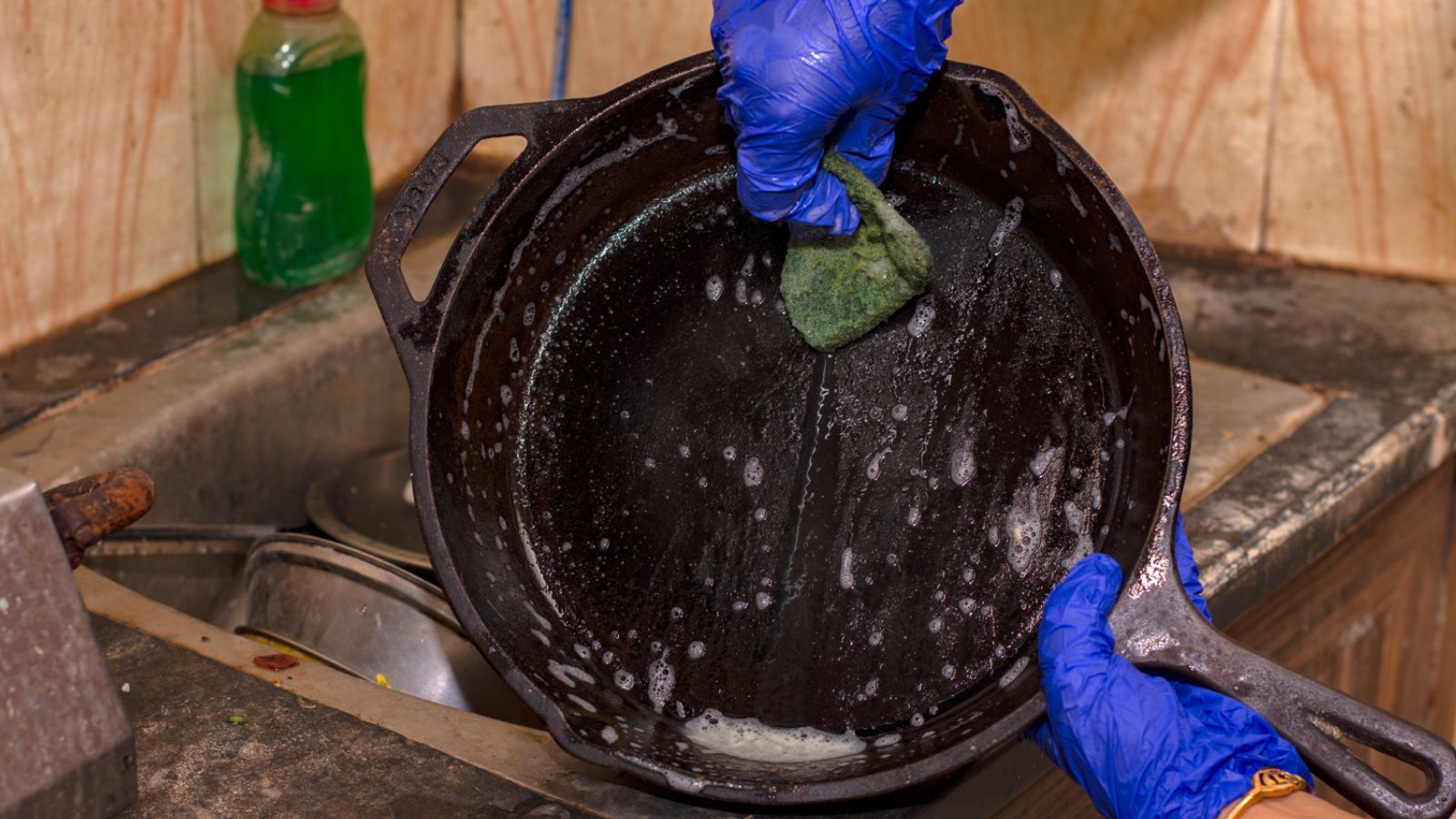
Cast iron pans require a delicate touch to maintain their seasoning, which gives them their non-stick properties. Vinegar’s acidity will strip away this seasoning, leaving the pan vulnerable to rust. To clean cast iron, stick with water, mild soap, and a gentle scrubber if necessary.
Knives
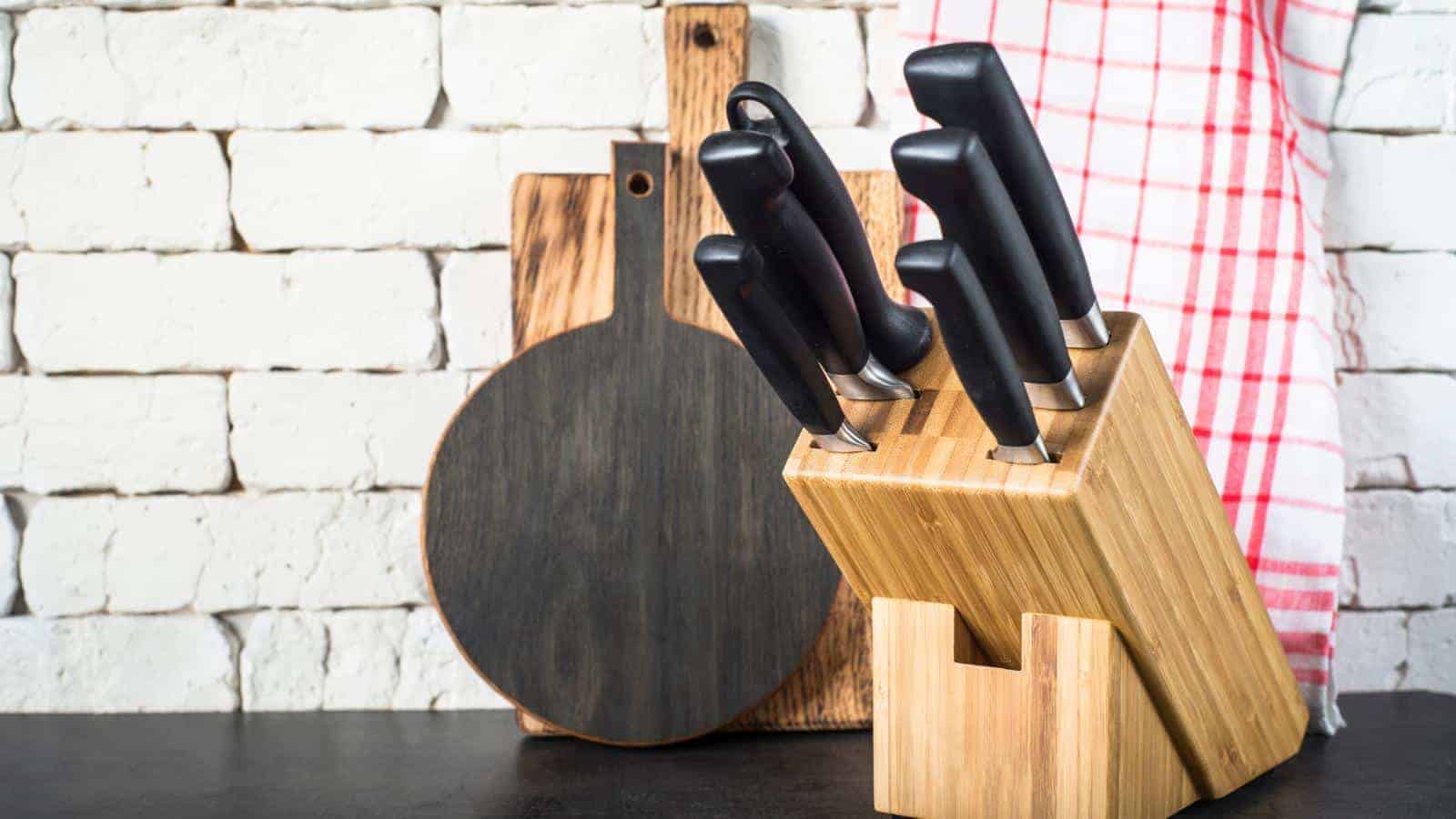
Vinegar should never be used to clean knives, especially high-quality ones. The acid reacts with the steel, causing corrosion, pitting and dullness of the blades. To keep knives sharp and long-lasting, wash them with warm water and a mild dish soap instead.
Natural Stone Flooring
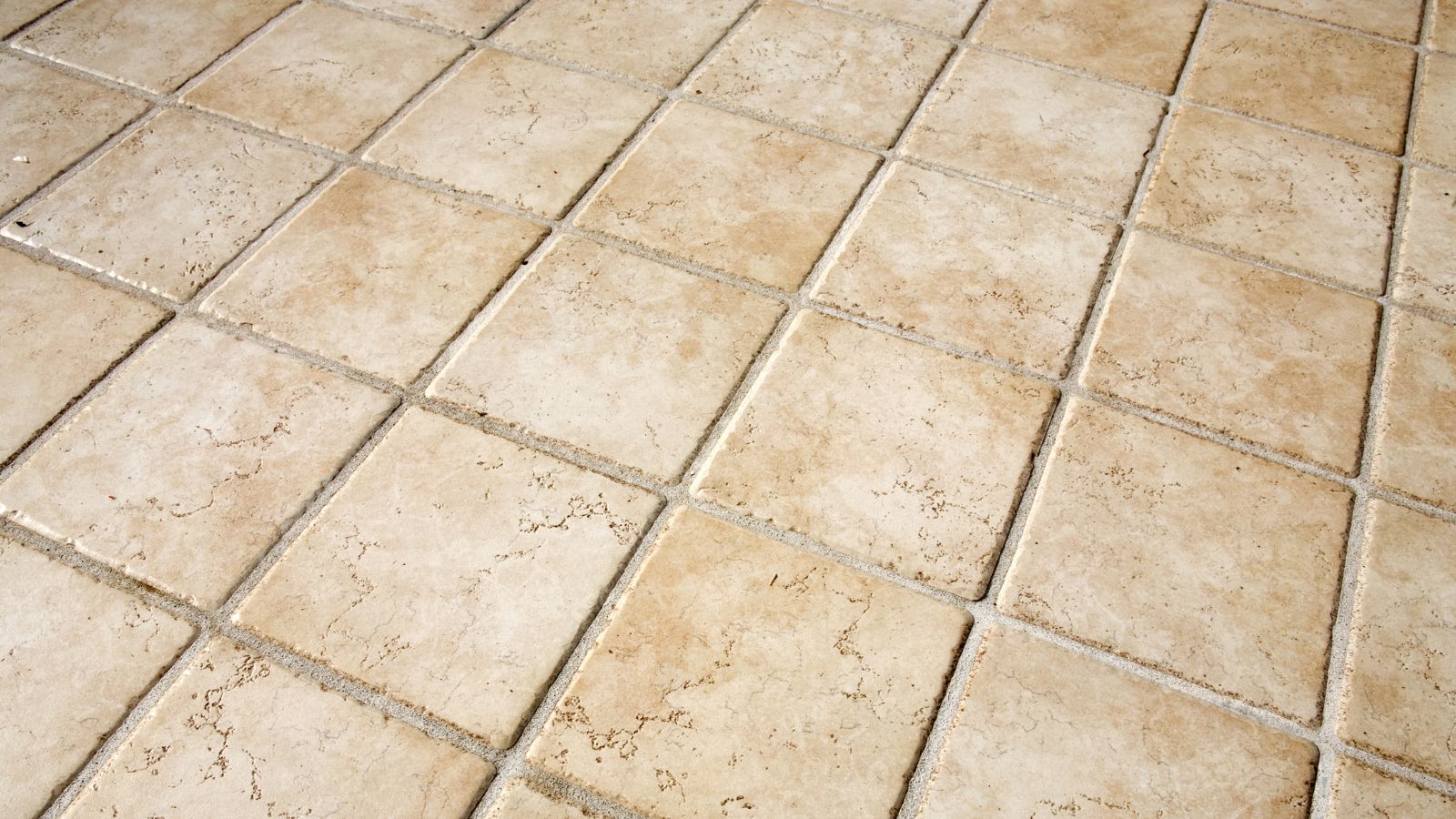
Natural stone flooring, such as travertine or slate, is extremely sensitive to acidic cleaners. Vinegar will erode the sealant and lead to discoloration or etching. Always use a stone-safe cleaner to protect your floors and maintain their appearance.
Dishwashers
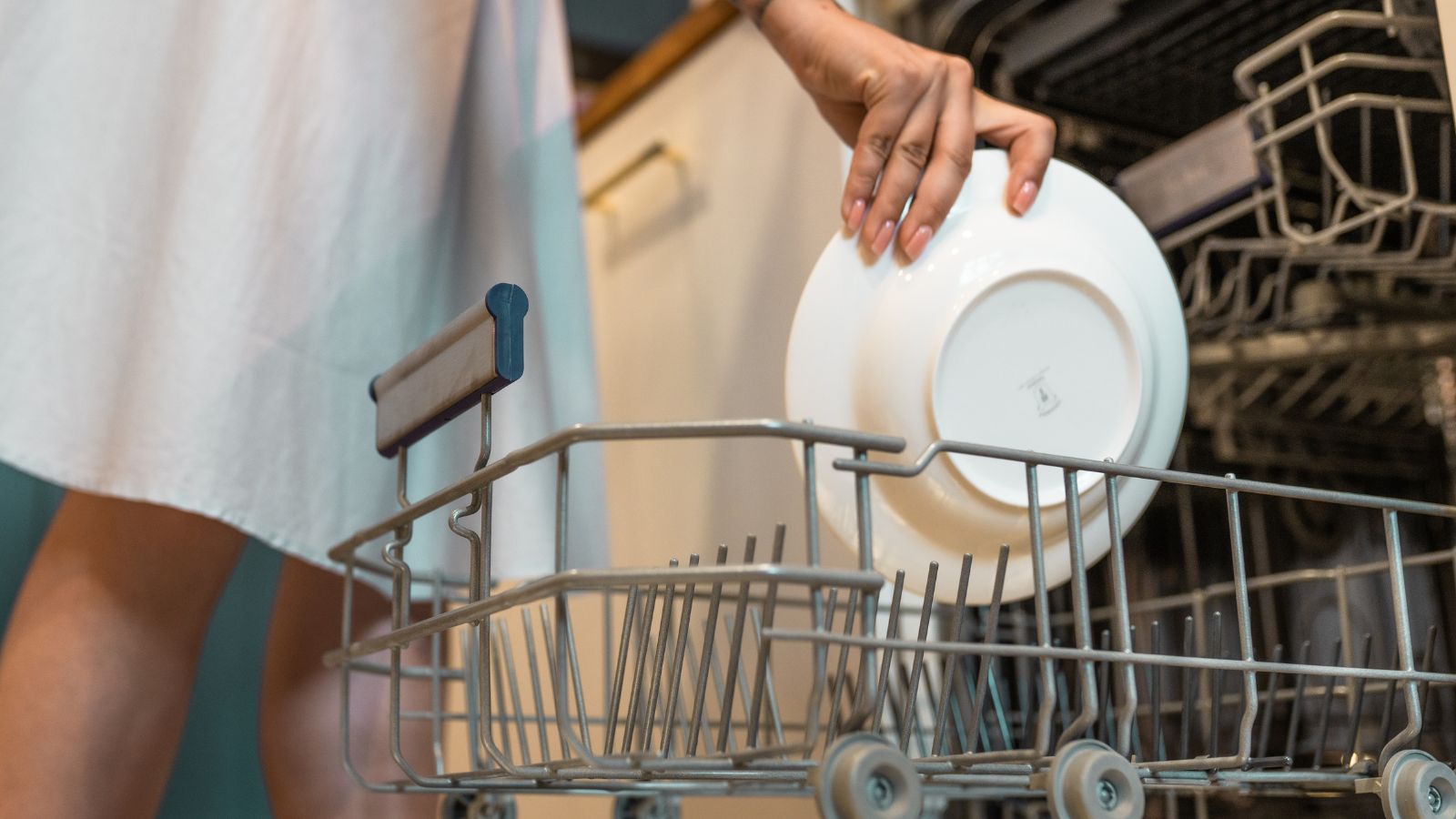
While vinegar is sometimes used as a dishwasher rinse aid, pouring it directly into the machine can damage rubber gaskets and hoses. Over time, the acid will seriously weaken these parts, leading to leaks and reduced efficiency. Opt for a manufacturer-recommended cleaner instead.
Washing Machines
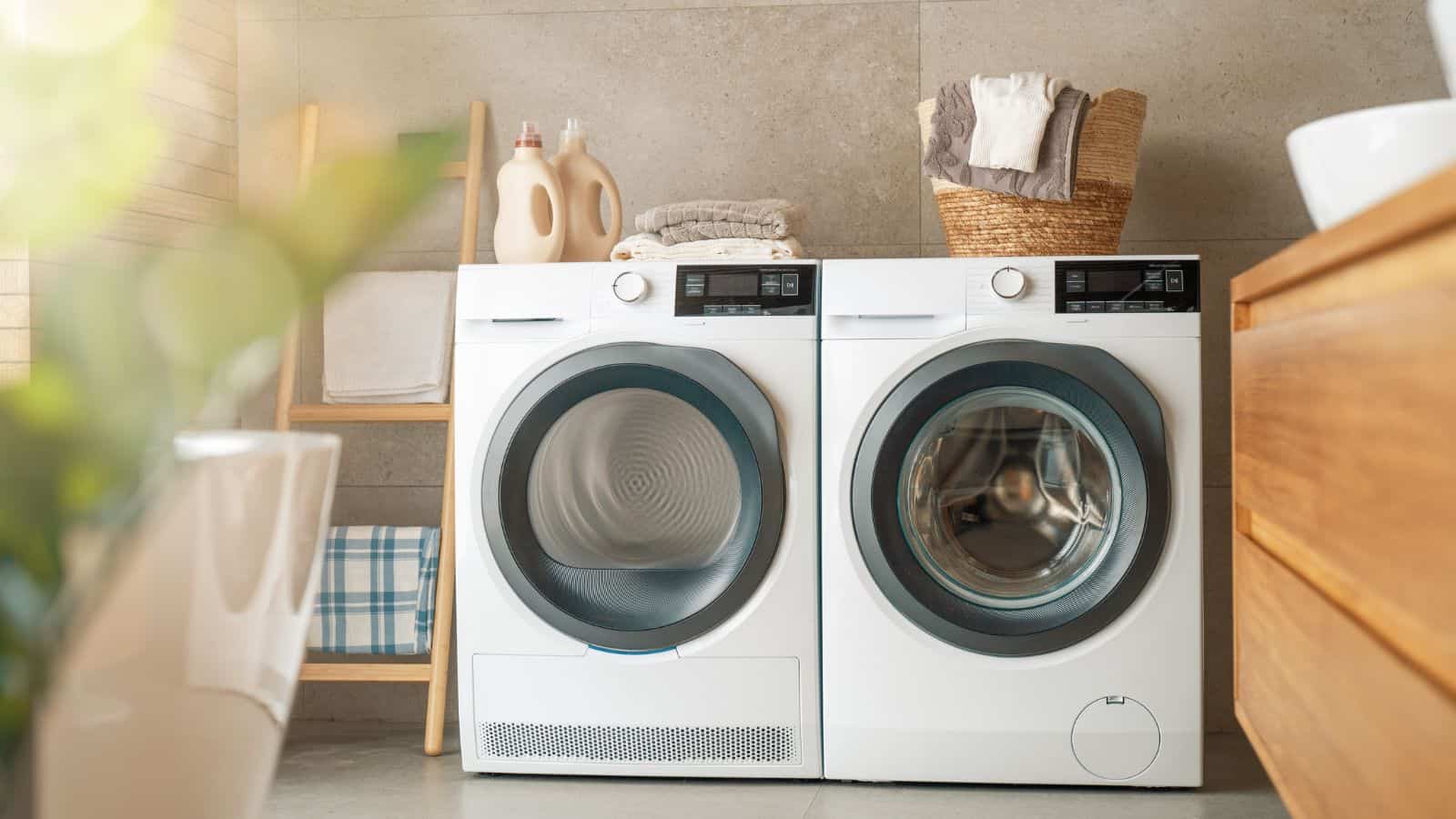
Using vinegar in your washing machine may seem like a good way to clean it, but it will cause untold internal damage, particularly to rubber seals and hoses. The acidity gradually wears down these components, leading to potential leaks and costly repairs. Stick to cleaners specifically designed for washing machines.
Electronic Screens

This is a big no-no. Vinegar will strip the anti-glare coating on electronic screens like TVs, laptops, and smartphones. Using it can leave streaks and even damage the display.
Over time, this will degrade the screen’s quality, making it harder to see images clearly or enjoy a smooth viewing experience. To clean screens safely, use a microfiber cloth and a screen-safe cleaning solution.
Waxed Furniture
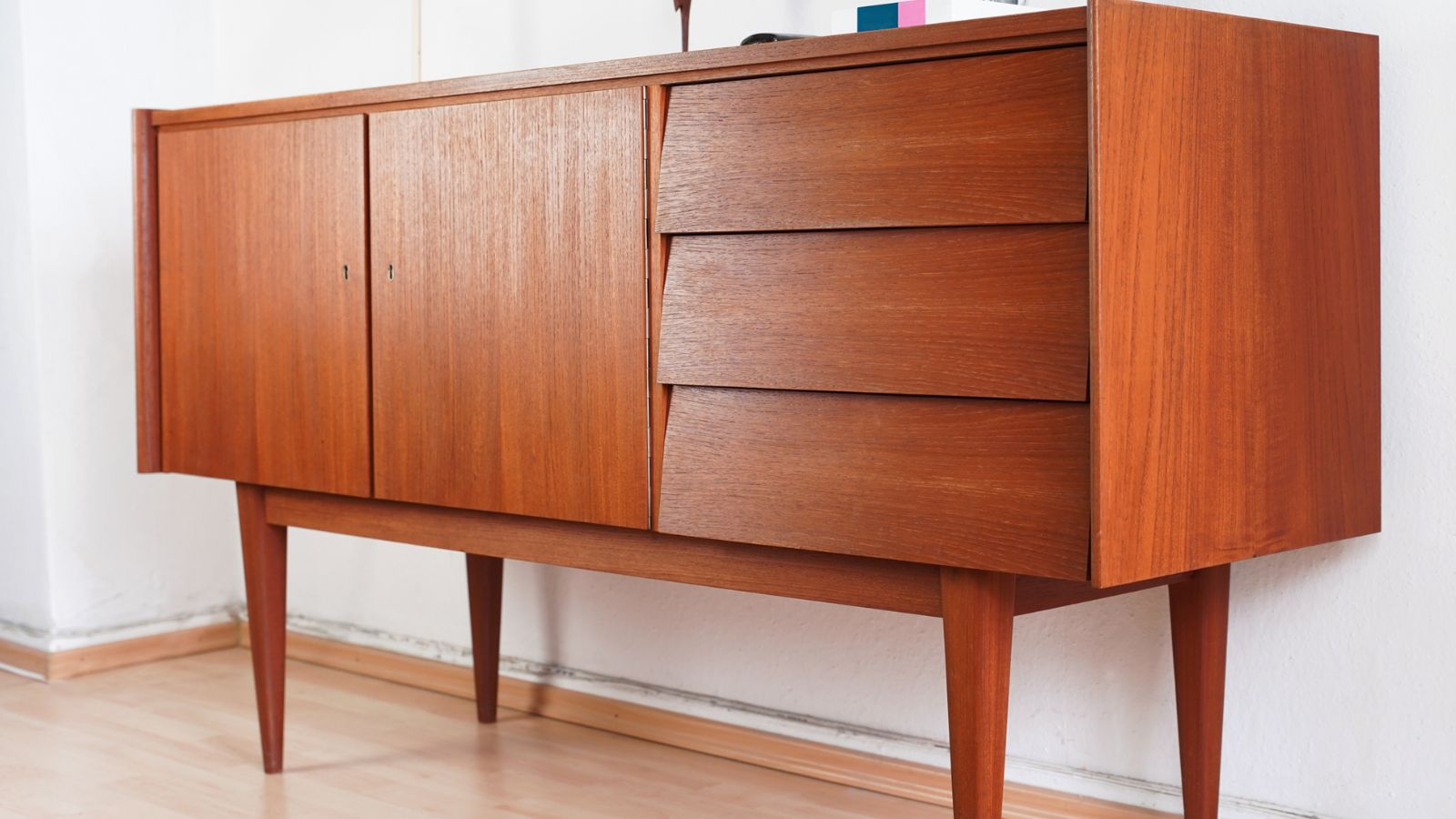
Waxed furniture doesn’t stand a chance against vinegar. The acid dissolves the wax, stripping the protective layer and leaving the wood exposed. This can lead to dullness, scratches, and increased vulnerability to moisture damage. To clean waxed surfaces, use a dry or slightly damp cloth to preserve the finish.
Carpet Stains
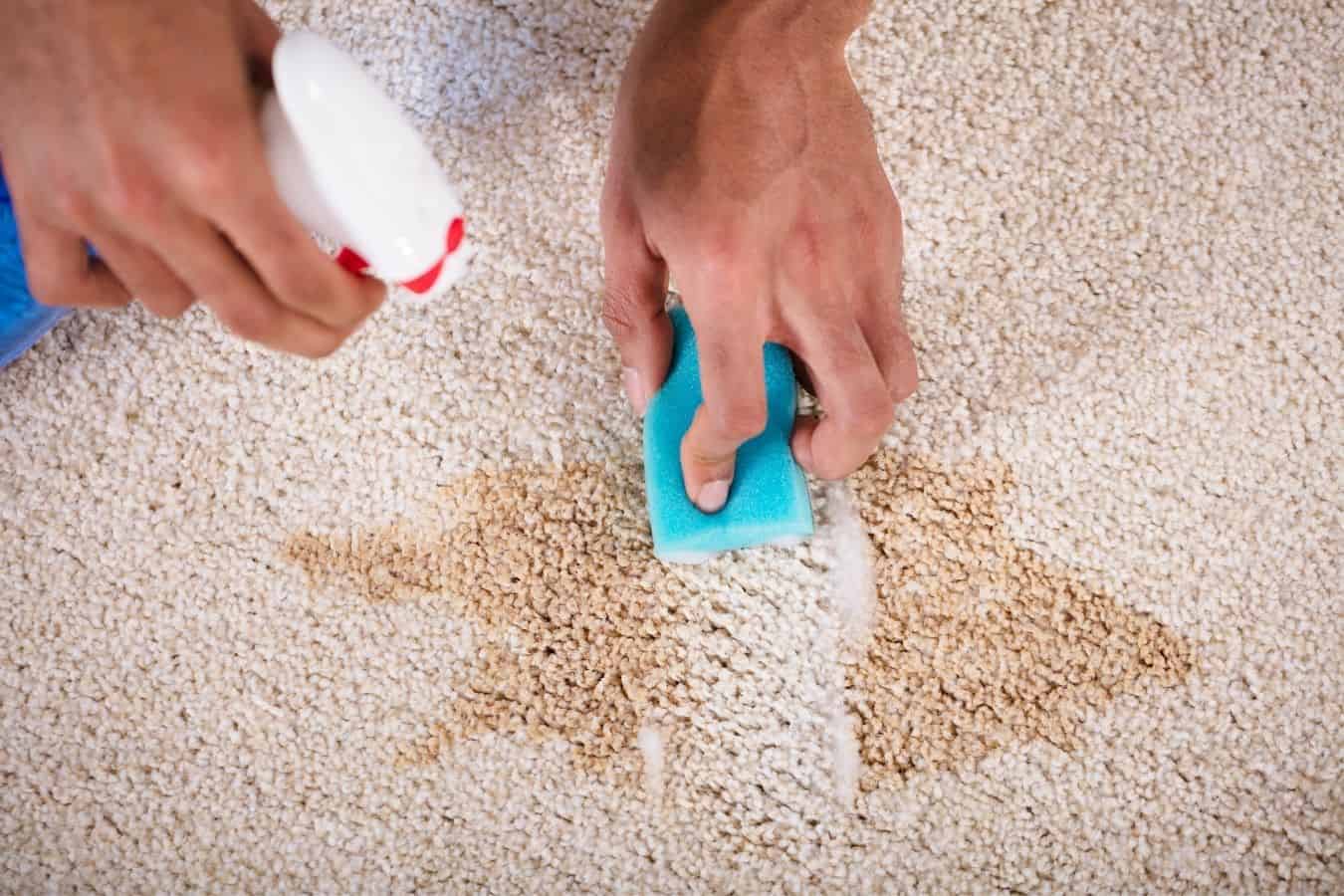
While vinegar is often touted as a natural carpet cleaner, it can actually set certain stains, like pet urine or fruit juice, making them harder to remove. The acidic nature of vinegar can also weaken carpet fibers over time, reducing their durability and appearance. Use a carpet-specific cleaner to tackle stains without causing permanent damage.
Pearl Jewelry
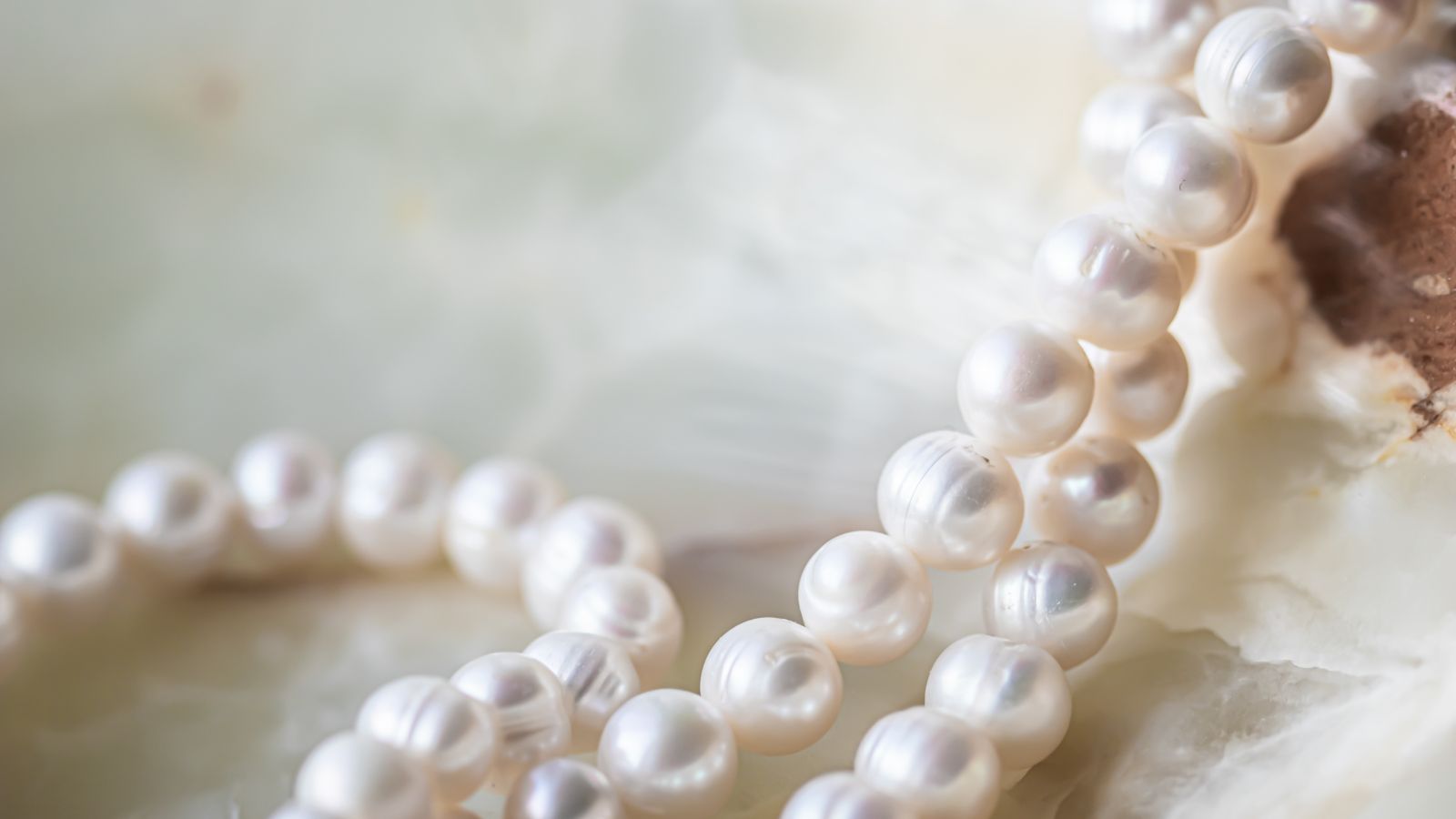
Pearls are delicate and easily damaged by vinegar’s acidity. The acid can eat away at the nacre, leaving pearls dull and pitted. Once the damage is done, it’s nearly impossible to restore pearls to their original luster. To clean pearls safely, use a damp cloth or a jewelry cleaner specifically made for delicate gems.
Stainless-Steel Surfaces

Using vinegar on stainless steel will cause corrosion over time. The acid reacts with the metal, leading to rust or dullness. Frequent use can also damage protective coatings, reducing the surface’s resistance to stains and fingerprints.
Use stainless steel-specific cleaners to maintain a shiny, streak-free surface.
Refrigerators

Rubber seals on refrigerator doors and other kitchen appliances don’t fare well against vinegar. The acid breaks down the rubber, causing it to crack and lose its effectiveness.
Once damaged, these seals reduce the efficiency of your appliances, leading to costly repairs. A mild soap and water solution is a safer choice for cleaning these areas.
Colored Grout
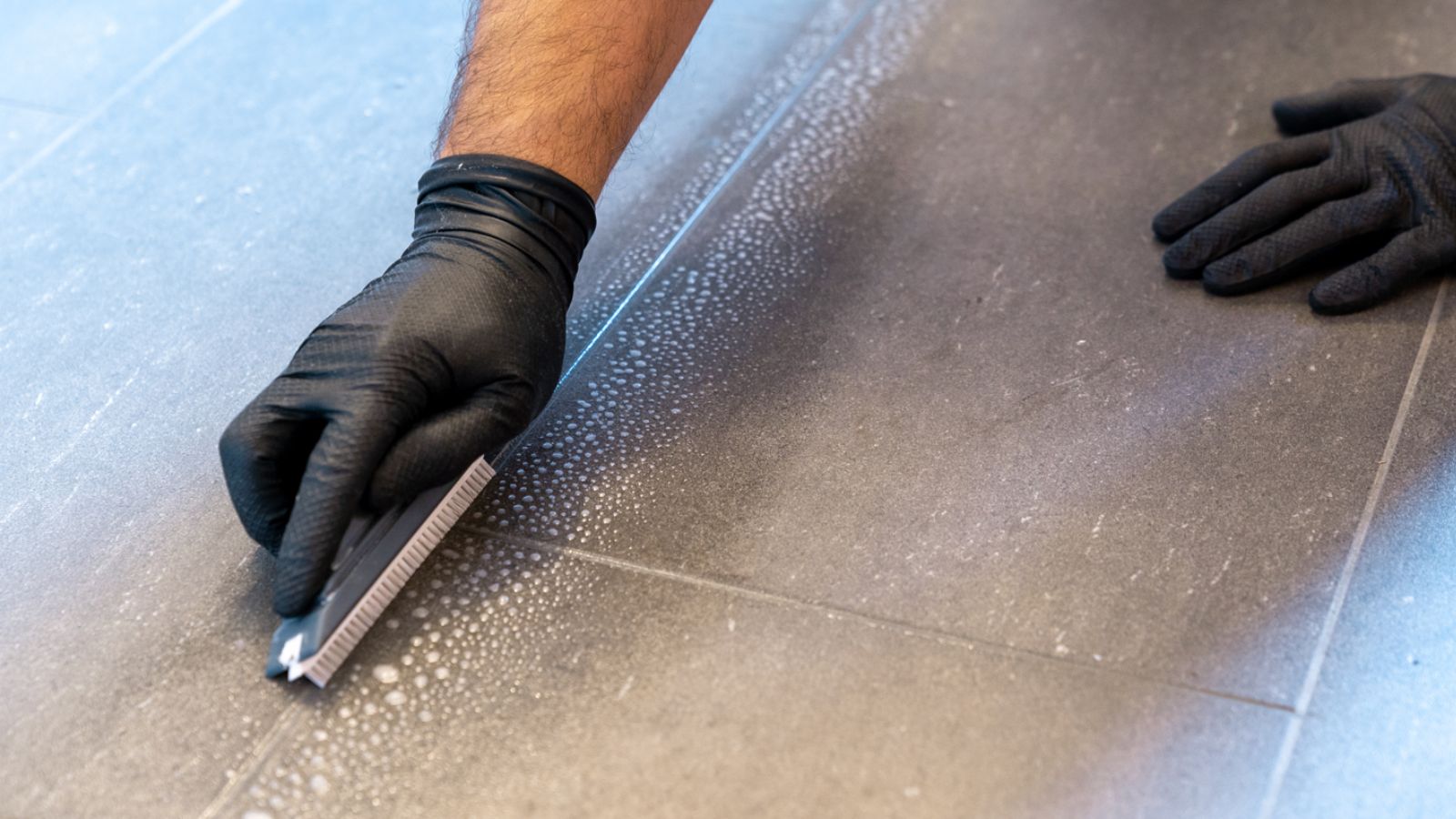
Vinegar can fade or discolor colored grout, ruining the aesthetic of your tiled surfaces. The acid strips the pigments, leaving grout looking uneven or dull. Over time, it can also weaken the grout’s structure, making it more prone to crumbling or cracking. Instead, try a gentle grout cleaner that’s safe for colored surfaces to keep tiles looking their best.
Delicate Fabrics
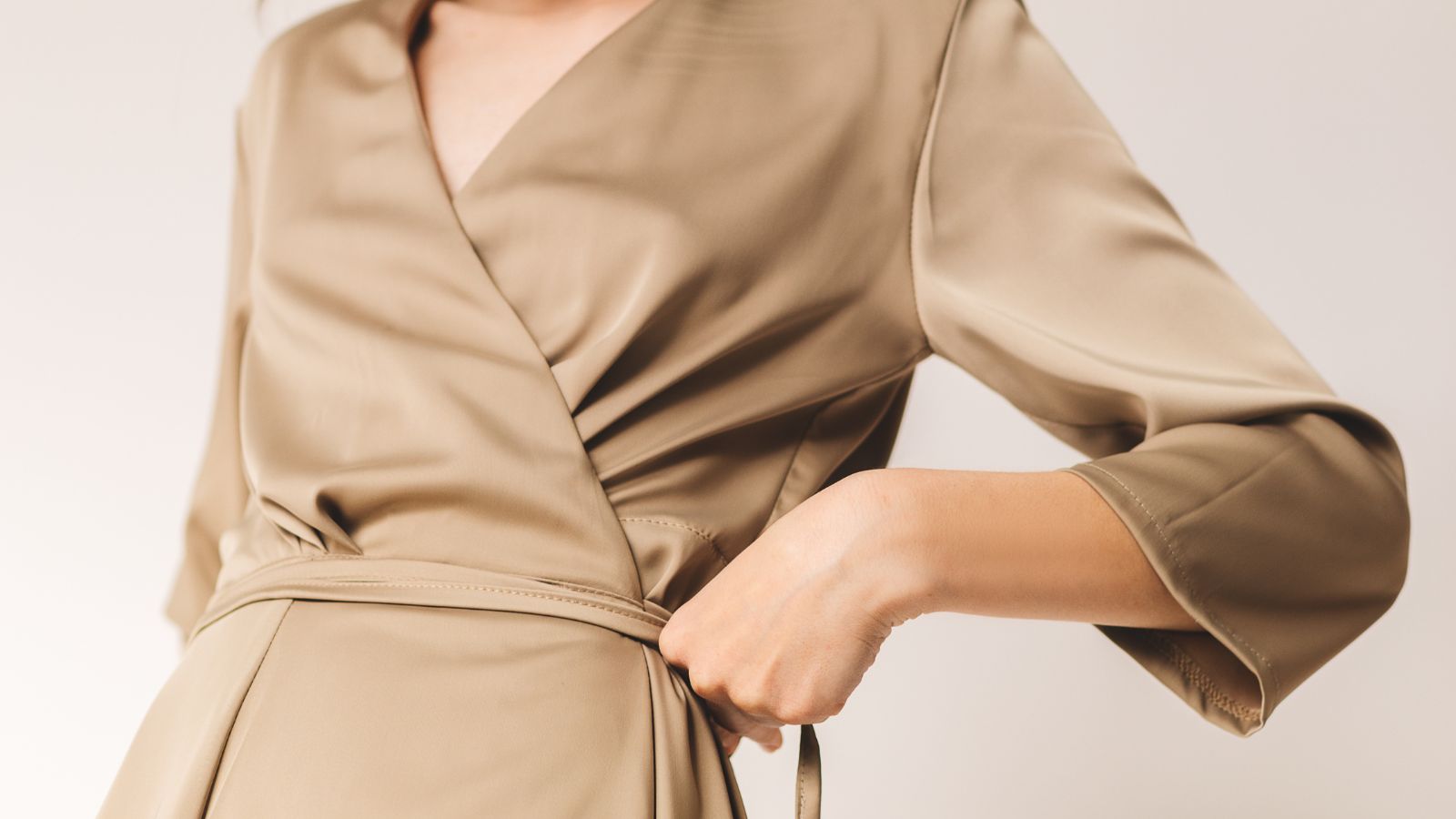
Delicate fabrics, like silk or satin, don’t handle vinegar well. The acid weakens fibers and causes discoloration, ruining the material. Once the fabric is compromised, it loses its sheen, softness, and structural integrity, making it unwearable or irreparable.
Try using gentle detergents or dry-cleaning solutions designed for these fabrics to keep them in great condition.
Aluminium Cookware
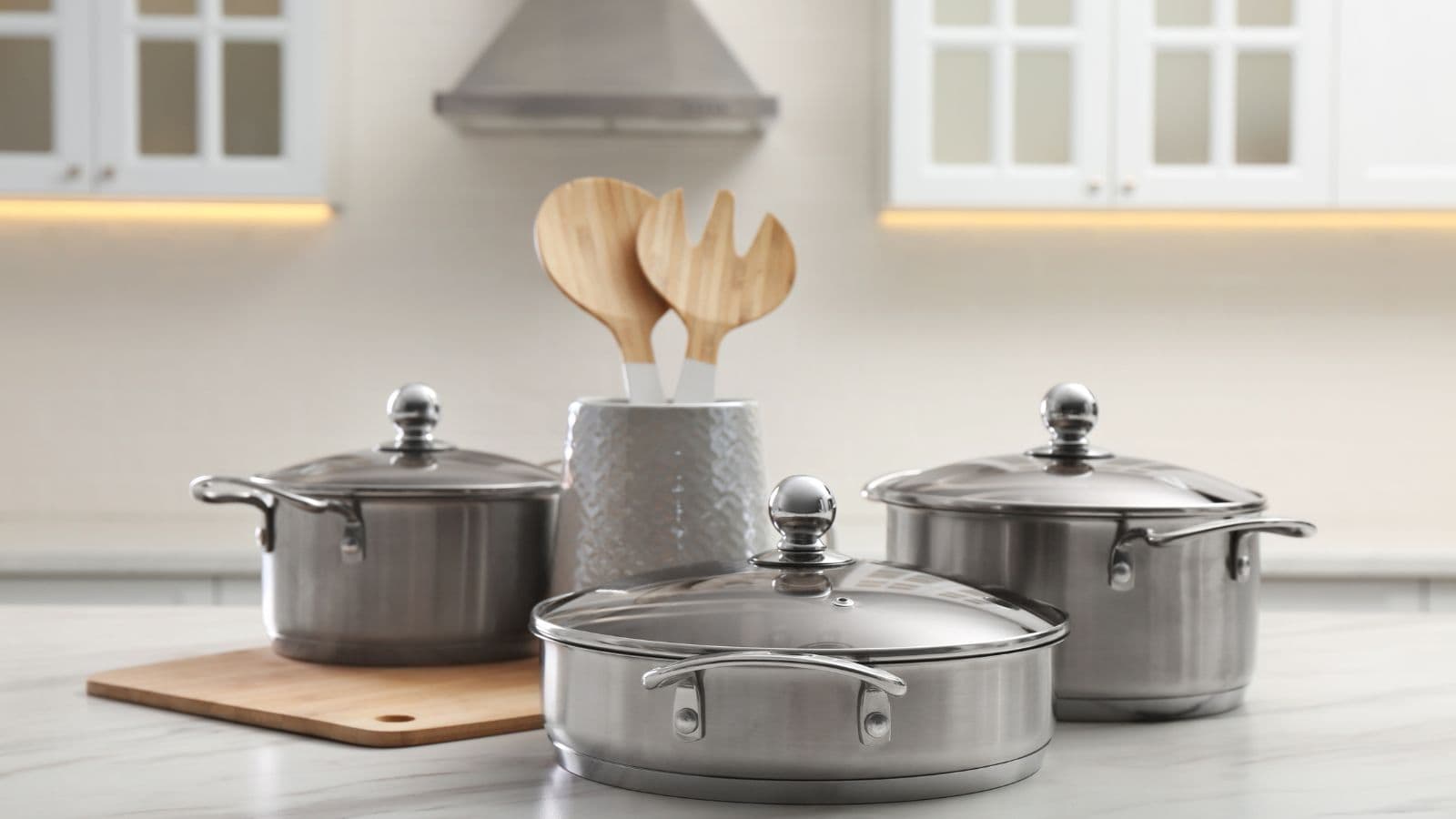
Aluminium seems like a tough metal, but cleaning aluminum cookware with vinegar will cause pitting and discoloration. The acid reacts with the metal, leaving behind an uneven surface that will affect its performance. Instead, use mild dish soap and water to maintain your cookware’s appearance and functionality.
